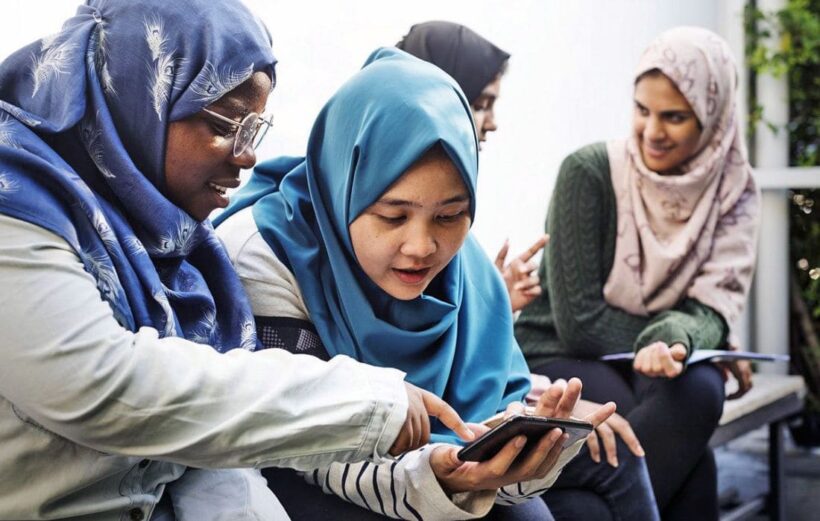Facial recognition security push in Thailand’s South

Concerns are being raised over the move to force all mobile phone users in Thailand’s South to submit their photos for facial-recognition identification. The edict says those who fail to do so by October 31 will have their mobile phone service blocked.
The Cross Cultural Foundation says the order given to Thailand’s telecom operators was ‘racial profiling’.
“The use of facial-recognition technology risks violating people’s privacy and freedom. It also mean users could be discriminated against. Racial profiling may lead to the arrest and prosecution of the innocent.”
The predominantly Muslim provinces of Pattani, Narathiwat and Yala provinces, and four border districts of Songkhla, namely Chana, Na Thawi, Saba Yoi and Thepha, are the areas covered under the new security arrangements. These areas have been hit by insurgency-related violence that has claimed thousands of lives over the past 15 years, including security officials and civilians.
In the face of the violence, the region is under an emergency decree with a heavy military presence and limitations on people’s basic rights.
Cross Cultural Foundation director, Pornpen Khongkachonkiet, says the NBTC should publicly explain why cellphone users’ photos must now be collected and what assurances service providers would offer that images would not be leaked to unauthorised persons.
“We are worried that these pictures may be abused,” Pornpen said.
She said that in her experience, a suspected insurgent arrested for possessing a single gun could easily be charged with 10 more offences, often without grounds.
“What charges will a person face if their SIM card happens to be found at a crime scene?” she asked.
Korreeyor Manuchae, an independent lawyer and a Yala resident, said many locals did not trust state officials and were thus wary of the requirement to submit their pictures.
“We don’t oppose the move. But we are worried about it,” she said. She added that family members of suspects were often coerced into providing DNA samples by security agencies.
National Human Rights Commission member Angkhana Neelapaijit is among those who received a surprise short text on her cellphone from ISOC4, telling her to re-register her SIM card with her picture on June 21.
ISOC4 is associated with the Internal Security Operations Command Region 4, the agency tasked with security matters in the deep South.
Colonel Pramote Prom-in, spokesman for the Forward Command of the ISOC4, said the ISOC had simply helped raise awareness of the timeframe for people to submit their photos.
“But we have not sent any short text messages to all cellphone users. We don’t know their numbers,” he said. Earlier, he complained of how SIM cards sold online were often used in bomb attacks in the deep South.
Meanwhile, PM General Prayut Chan-o-cha is urging residents of the deep South to comply with the new rule.
“Just a photo is needed to prove your identity. It’s not a violation of rights.”
SOURCE: The Nation
Latest Thailand News
Follow The Thaiger on Google News:


























